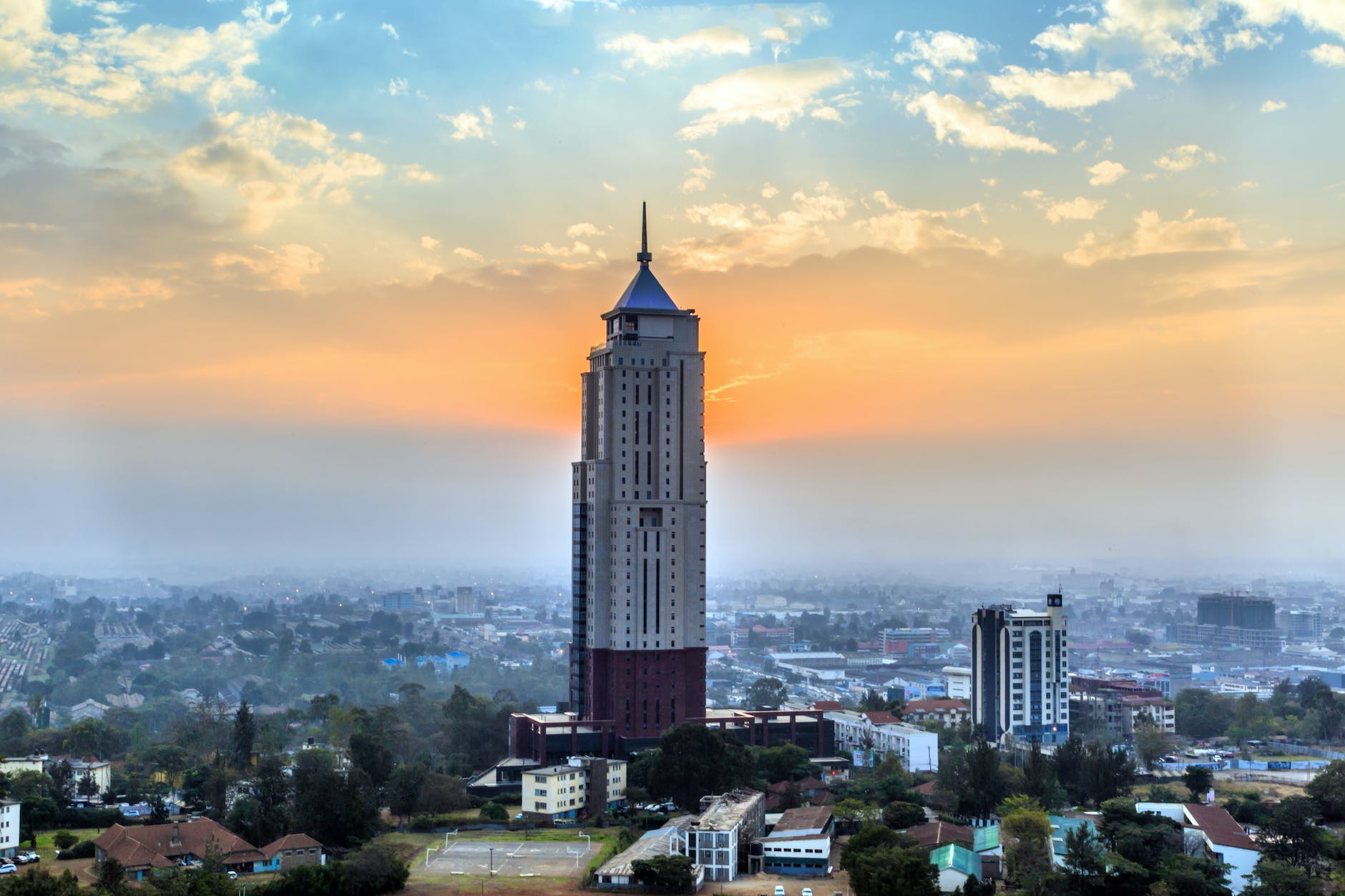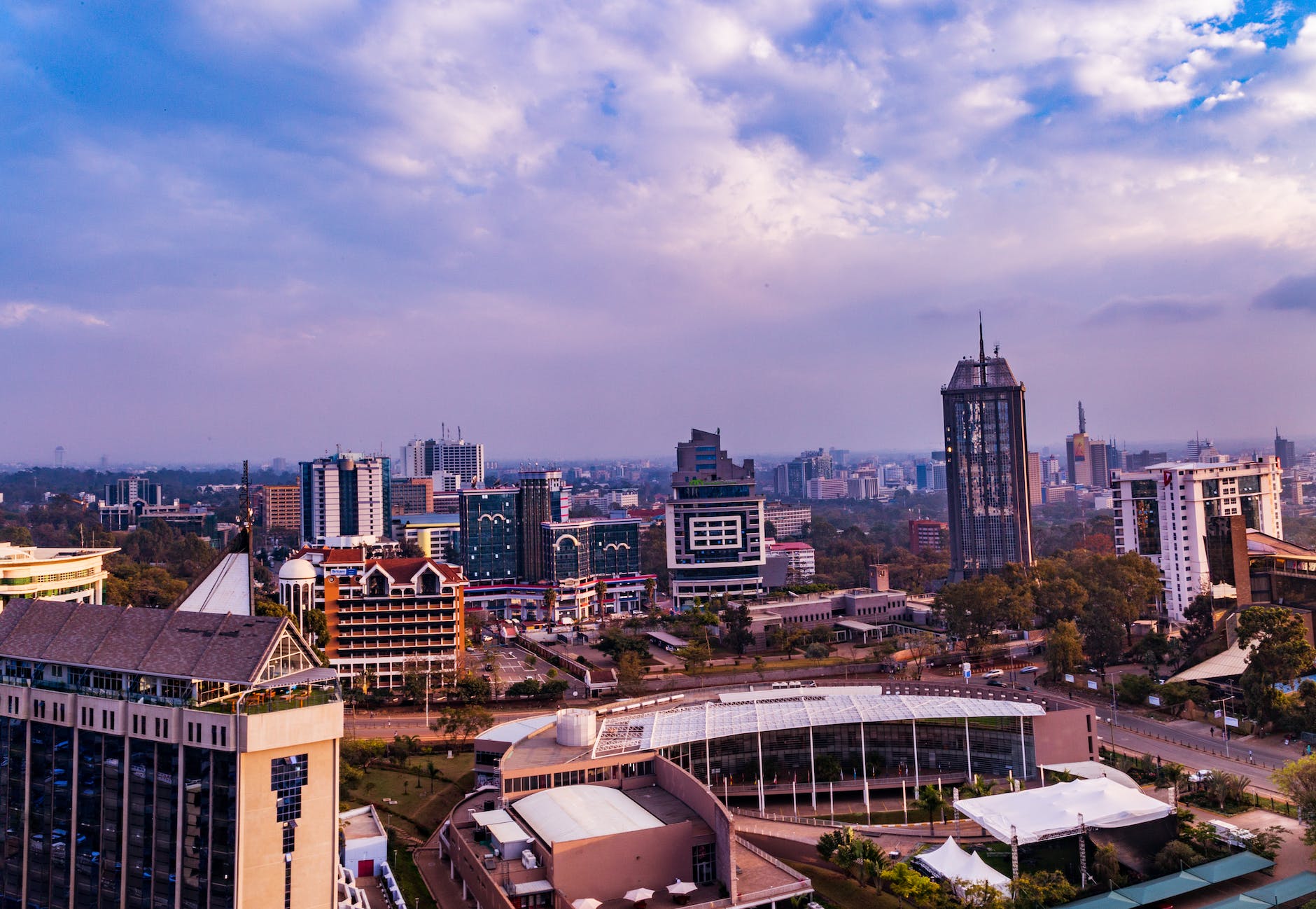Certainly! The Kenyan economy is one of the largest and most dynamic in East Africa. It is considered a lower-middle-income economy, with a diverse range of sectors contributing to its growth.
- Agriculture: Agriculture plays a vital role in the Kenyan economy, employing a significant portion of the population and contributing to both GDP and export earnings. The sector primarily produces tea, coffee, flowers, horticultural products, fruits, vegetables, and dairy products. However, it faces challenges such as reliance on rain-fed farming, limited access to credit, and low productivity.
- Manufacturing: The manufacturing sector is a key driver of economic growth, contributing to job creation and export earnings. Kenya manufactures a wide range of products, including food and beverages, textiles and apparel, chemicals, construction materials, and machinery. The government has implemented policies to promote industrialization and attract investment in the sector.
- Services: The services sector is the largest contributor to Kenya’s GDP, accounting for over 50% of economic output. It includes various subsectors such as finance, telecommunications, transportation, tourism, and professional services. Nairobi, the capital city, is a major regional hub for finance and business services.
- Tourism: Kenya is renowned for its diverse wildlife, national parks, and stunning landscapes, making tourism a significant contributor to the economy. Tourists visit the country to experience safaris, beach resorts, cultural attractions, and adventure activities. However, the sector has been affected by occasional security concerns and fluctuations in visitor numbers.
- Information and Communication Technology (ICT): Kenya has emerged as a leading ICT hub in Africa. It has a vibrant tech startup ecosystem and is known for innovations such as mobile money services like M-Pesa. The ICT sector has been instrumental in driving financial inclusion and digital transformation in the country.
- Infrastructure: Kenya has invested in infrastructure development, including transportation (roads, railways, ports, airports), energy, and telecommunications. These investments aim to enhance connectivity, facilitate trade, and attract investment in various sectors.
- Financial Services: Kenya has a well-developed financial sector, with a mix of local and international banks, insurance companies, and capital markets. The Nairobi Securities Exchange (NSE) is the primary stock exchange, facilitating capital mobilization and investment opportunities.
- Remittances: Kenyan citizens living abroad, particularly in the diaspora, contribute significantly to the economy through remittances. These funds support households, contribute to investment, and help improve the country’s balance of payments.
Challenges facing the Kenyan economy include income inequality, unemployment, corruption, inadequate infrastructure in some areas, access to finance for small and medium enterprises, and vulnerability to external shocks such as fluctuations in commodity prices and climate change.
The government has implemented various policies and initiatives to address these challenges, including the “Big Four” agenda focused on affordable housing, manufacturing, universal healthcare, and food security.
Overall, the Kenyan economy shows potential for growth and diversification, supported by its rich natural resources, human capital, and strategic geographic location in East Africa.
Regenerate response











